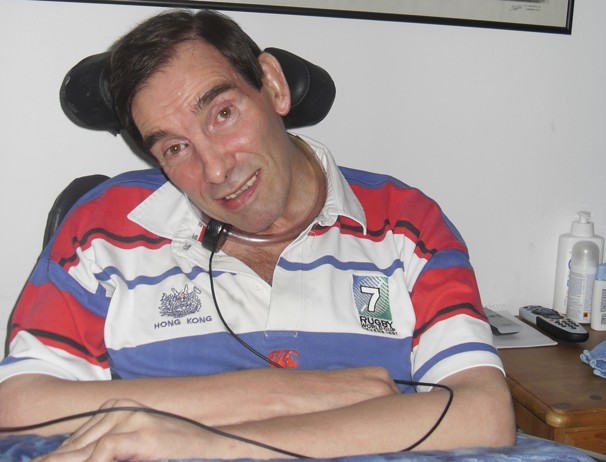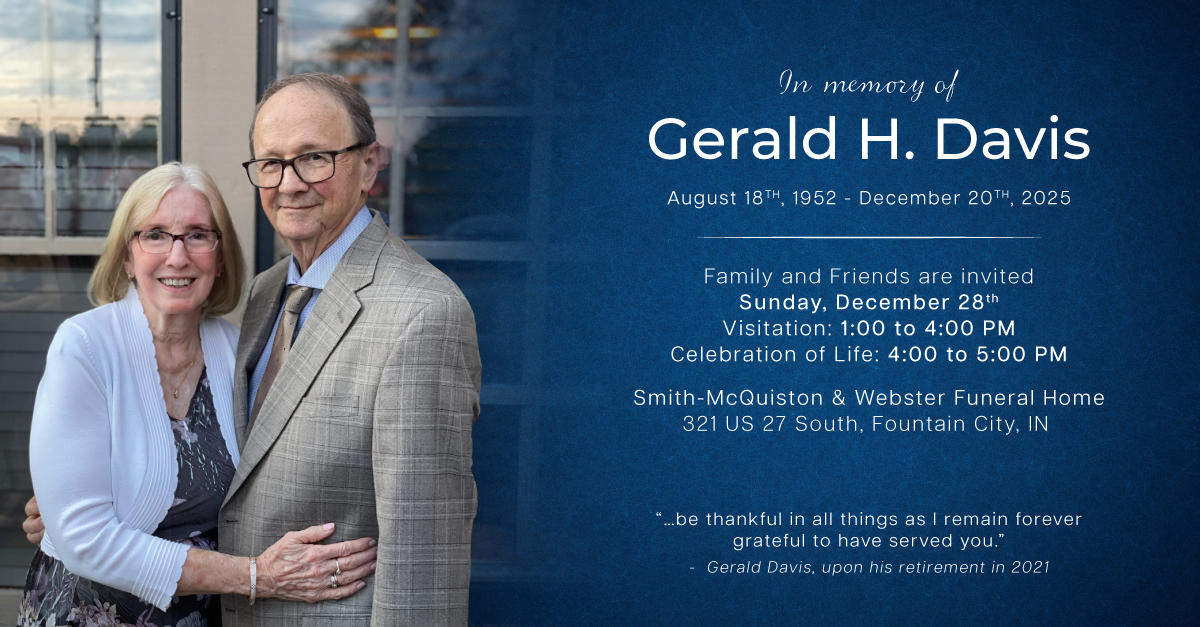How Do You Feel About Assisted Suicide, This Article May Give You Mixed Emotions

Tony Nicklinson
(Jane Nicklinson – AP)
A British man who was suffering from a condition known as “locked-in syndrome” died at home Wednesday after a protracted battle with Britain’s High Court over his right to an assisted suicide.
Nicklinson, 58, was paralyzed from the neck down and described his condition as “dull, miserable, demeaning, undignified and intolerable.” In January he asked the Court that any doctor who helped end his life not be charged with murder. The Court ruled against him last week.
Nicklinson reacted to the decision with publicly-aired anguish, began refusing food and contracted pneumonia, his lawyer told CNN.
One interesting aspect of Nicklinson’s case is the way he communicated with the world. Earlier this year, British Channel 4 posted a clip of Nicklinson sending his first tweet using a special computer that tracks his eye movements:
“My name is Tony Nicklinson…seven years ago I had a major stroke that left my body completely paralyzed but my mind unharmed. There is no cure,” he said.
Prior to the 2005 stroke, Nicklinson was a former corporate manager and rugby player.
Hello world. I am tony nicklinson, I have locked-in syndrome and this is my first ever tweet. #tony
He had become a rather prolific tweeter since then, and his messages ranged from borderline jolly to poignant:
I was a smoker before the stroke but not now. The things people will do to quit. I don’t recommend having a stroke. #tony
BTW yesterday was the 7th anniversary to the day of the stroke. Can’t believe it happened so long ago. Only 30 years to go… #tony
His response to the high-court ruling came in five tweets, which together read:
“It is not the result I was hoping for but it isn’t entirely unexpected. Judges, like politicians, are happiest when they can avoid confronting the real issues and this judgement is not an exception to the rule. I believe the legal team acting on my behalf is prepared to go all the way with this but unfortunately for me it means yet another period of physical discomfort, misery and mental anguish while we find out who controls my life — me or the state.”





